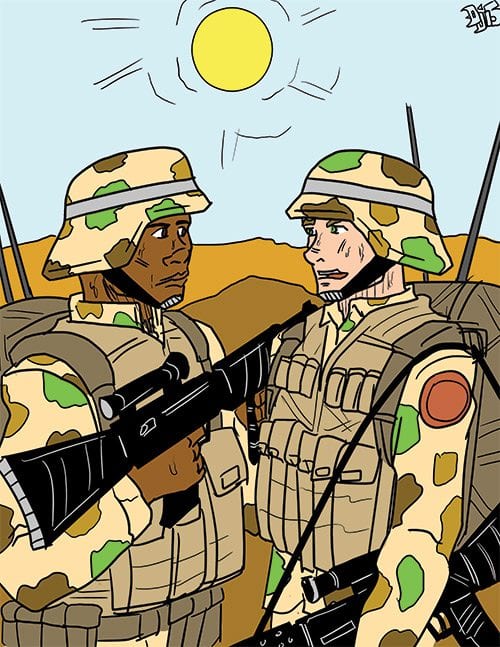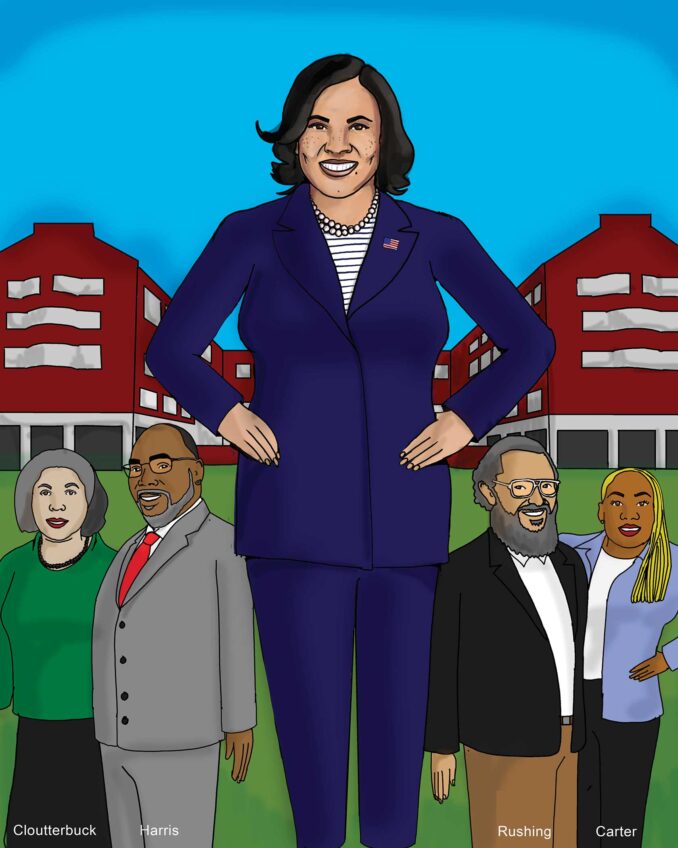
With the ISIS-inspired massacres in Paris and San Bernardino, the call for more U.S. boots on the ground in Syria has become more strident. The commitment of a massive number of troops from the volunteer U.S. military raises a moral issue. The upper class is sending the poor into battle to resolve the politicians’ foreign policy mistakes.
World War II was a national commitment. All able-bodied men, 18-to-25, were subject to the draft. The whole country had to mobilize for the war effort. Now with the all-volunteer armed forces, distant battles are fought for the benefit of all, primarily by young men who find that putting their lives at risk is the best opportunity for a good life.
Economic conditions are improving in the U.S. The unemployment rate is down to 5.0 percent. However, teenagers suffer an unemployment rate of 15.7 percent. This is the age group that produces most of the military volunteers. If military life is unappealing, the unskilled teenagers can work at jobs paying the federal minimum wage of $7.25 per hour. The choice seems to be between poverty or the risk of death on the battlefield.
This situation is not improved by permitting women to join the men on the front lines. It is time for the nation to reconsider national public service. The present system of volunteer military service is exploitative. Every citizen should participate — if not in the military, then in classrooms, hospitals or other public projects.






